Conductive Education
Founded in the 1940s by Hungarian Professor Andras Peto, Conductive Education assumes motor disorders are learning disabilities. Because of this, Conductive Education programmes are not medically based, but task orientated. They take into account that those with special needs have extra and different learning needs to accomplish actions.
Conductive Education has been taught in the United Kingdom for the past 35 years.
The most striking difference between Conductive Education and coventional teaching is that it is not a therapy, or a treatment. It is a comprehensive method of learning by which individuals with neurological and mobility impairment, such as cerebral palsy, learn to specifically and consciously perform actions that children without such impairment learn through normal life experiences.
Conductive Education aims to enable children to change their outlook and approach to problem solving. By experiencing success, they discover that they can find their own solutions to many problems of daily living.
We focus on the whole child, considering physical (gross and fine motor) skills, speech and language and social interaction challenges.




“Conductive Education is based on a ‘simple’ concept of human potential; meaning that everyone has the capability to learn and develop irrespective of their starting point.”
Conductive Education is learning for life. Purposeful, enabling, dynamic, Conductive Education has been practised and developed in the UK for over 30 years, bringing forward demonstrable benefits for children and adults with neurological movement disorders. It seeks to harness potential in order to create new neural pathways in the brain resulting in improved functional ability and life skills.
The benefit of Conductive Education is that at every turn, children learn how to be independent, and, what they learn can be applied to various situations, allowing a child to develop routines, engage in education and hobbies, and foster coping mechanisms – while minimising dependence.
Children learn through movements, improving their gross and fine motor skills, helping the child to find their motivation and using it to become as independent as possible. We support each child to build their self-confidence, self-esteem and increase their communication and self-care skills.
Sessions are led by our transdisciplinary team of A Conductor, Session Lead, Music Therapist and Speech and Language Therapist. They work together to help children to learn in different ways, by using a range of techniques to support children to become independent and to reach their full potential. This is done through careful monitoring, setting and reviewing of learning goals and providing hands-on practical small group sessions for parents to learn ways of supporting their child, which they can carry on at home. Children are carefully grouped to ensure that their social interaction with their peers can be maximised.
- Group Dynamic – Structured, group activities are broken down into achievable steps. By working in groups, children learn how to complete tasks while interacting with others around them. This interaction provides encouragement, acceptance and helps to develop their social skills, behaviours and friendships.
- Facilitation – Session leaders structure and support activities using special equipment which are broken down into small steps, to make sure they are effective, stimulating and achievable. The basis of Conductive Education is empowering a child to complete tasks as independently as they can. Our sessions are positive and fun and focus not only on the physical development, but also social and emotional development.
- Daily Routine – Building a routine is important for any child; it gives them an opportunity to practice the skills they are learning. Conductive Education breaks down daily routines that eventually become habit-forming. These routines help to expand a child’s physical, cognitive, psychological and communication development.
- Using Rhythm – All children love nursery rhymes and simple songs. In Conductive Education, we take that one stage further and use specific songs to help the child to learn how to complete an activity such as stepping or standing. The child learns the song, the rhythm and pace of the song to help them learn how to complete that activity.
- Small Steps – By breaking each activity down into small steps, the child learns to gain control of their movement and improve their cognitive functioning. The series of steps allows children to learn skills such as sitting down, standing up, picking up books, reading and performing self-care activities that are transferable into many situations throughout their life. The aim is to improve a child’s ability to function both physically and mentally when confronted with unchartered, never-before performed tasks.
